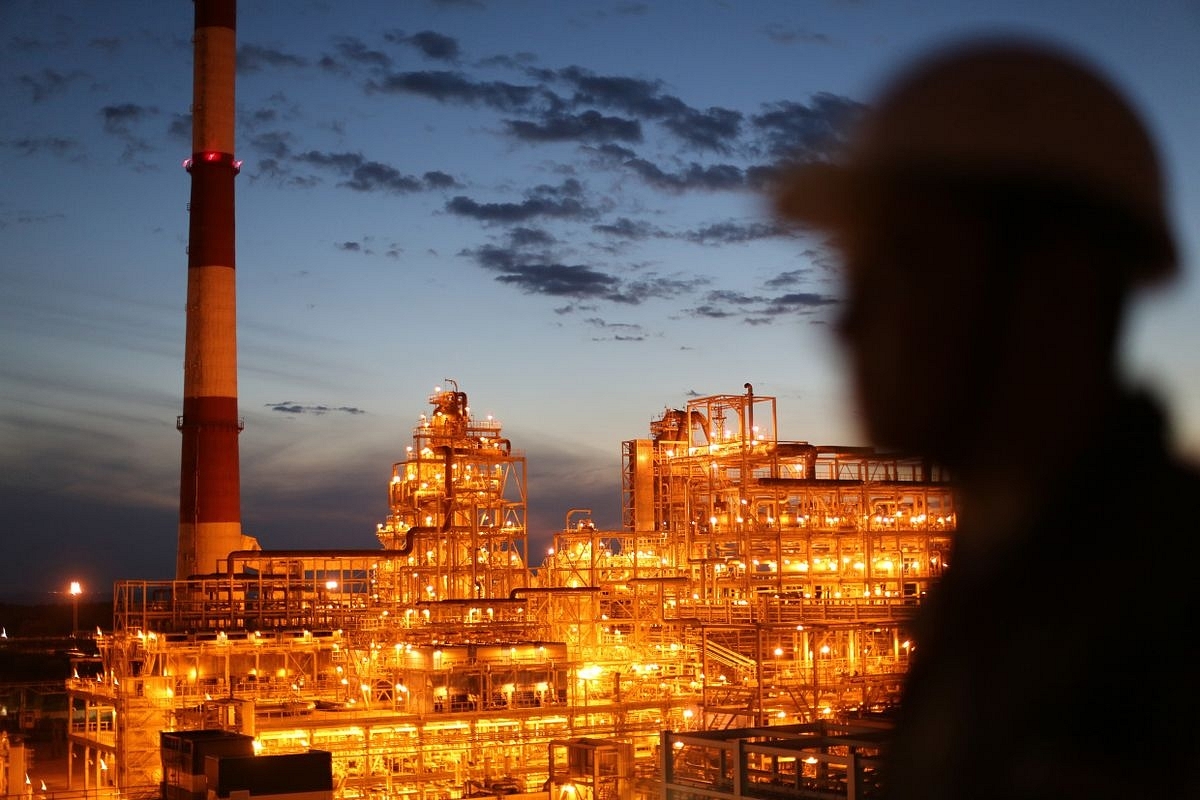Business
Explained: Why Is OPEC+ Slashing Oil Production Now
- Experts believe this move was made not only in self-defense by the cartel, but also as an aggressive strategy by prominent members like Saudi Arabia.

A crude oil processing facility in Russia. (Representative image).
OPEC+ announced a surprise cut of more than a million barrels, causing oil price increases and tensions with western allies.
Clearly, OPEC+ wants to boost oil prices, led by Saudi Arabia and Russia, for propping them up by curtailing supply.
The banking sector's instability caused the selling of risky assets, causing Brent crude, the global benchmark, to momentarily approach $70 per barrel. It was around $100 per barrel last year in the wake of the war in Ukraine.
Last week, oil prices rebounded to about $80 per barrel, a level at which it had traded for much of 2023, after a surprising cut by OPEC. Experts believe this move was made not only in self-defense by the cartel, but also as an aggressive strategy by prominent members like Saudi Arabia.
Further, White House's remarks about taking "years" to replenish the Strategic Petroleum Reserve (SPR), emptied in 2022 to manage oil prices after Russia's invasion of Ukraine, have left Saudi Arabia frustrated.
The US aims to prevent excessive price hikes and pressure allies to maintain output, but also intends to protect the market by resorting to SPR purchases as a measure to establish a minimum price limit.
Brent crude surged up to 8 per cent hitting over $86 a barrel from almost $79 at Friday's (31 March) end, but then moderated.
Oil traders were optimistic about the second half of the year, as the global economy strengthened and China's reopening after Covid-19 restrictions could lead to higher demand than supply.
Yet, Goldman Sachs raised their end-of-year oil price forecast from $90 to $95, and other banks are also predicting higher prices.
Energy prices, mainly European natural gas, dropped significantly, reducing concerns about a severe economic downturn over the last six months.
Experts also predict that China may reduce its strategic oil reserve purchases in the near future, as the country is not in favor of a significant increase in oil prices.
Saudi Arabia's collaboration with Russia, who co-founded the enlarged OPEC+ alliance in 2016, may cause conflict with the US. Russia's restrained oil production was perceived as a reaction to western authorizations.
Higher oil prices may worsen inflation, making it difficult for central banks to curb it, requiring them to maintain higher interest rates for extended periods.
Even the investors are divided on whether the last Federal Reserve rate increase occurred in March.
The impact of the oil cuts, on prices, remains uncertain as they may not raise prices to $100 a barrel or beyond. The effect could be limited since crude would still be below the levels seen in 2022, but for the central banks, a new headache is on the cards.
Introducing ElectionsHQ + 50 Ground Reports Project
The 2024 elections might seem easy to guess, but there are some important questions that shouldn't be missed.
Do freebies still sway voters? Do people prioritise infrastructure when voting? How will Punjab vote?
The answers to these questions provide great insights into where we, as a country, are headed in the years to come.
Swarajya is starting a project with an aim to do 50 solid ground stories and a smart commentary service on WhatsApp, a one-of-a-kind. We'd love your support during this election season.
Click below to contribute.
Latest